Are you enhancing your scholarly study with the use of AI tools? This indicates that you are making progress toward customizing your educational experience. These days, AI has streamlined learning and research procedures, simplifying the educational process for academics and students. Let’s look at some incredible AI resources to support your studies.
Today’s scholars and students are able to obtain greater information because of all the AI tools available. These days, there are a lot of articles available online, but choosing one can be difficult. AI tools can make students’ work easier as they dedicate endless hours to improving their academic study.
Therefore, automating some of their boring duties is crucial to leveraging and gaining greater expertise for writing.
Here, we’ll discover more about AI Tools For Academic Writing
Consensus
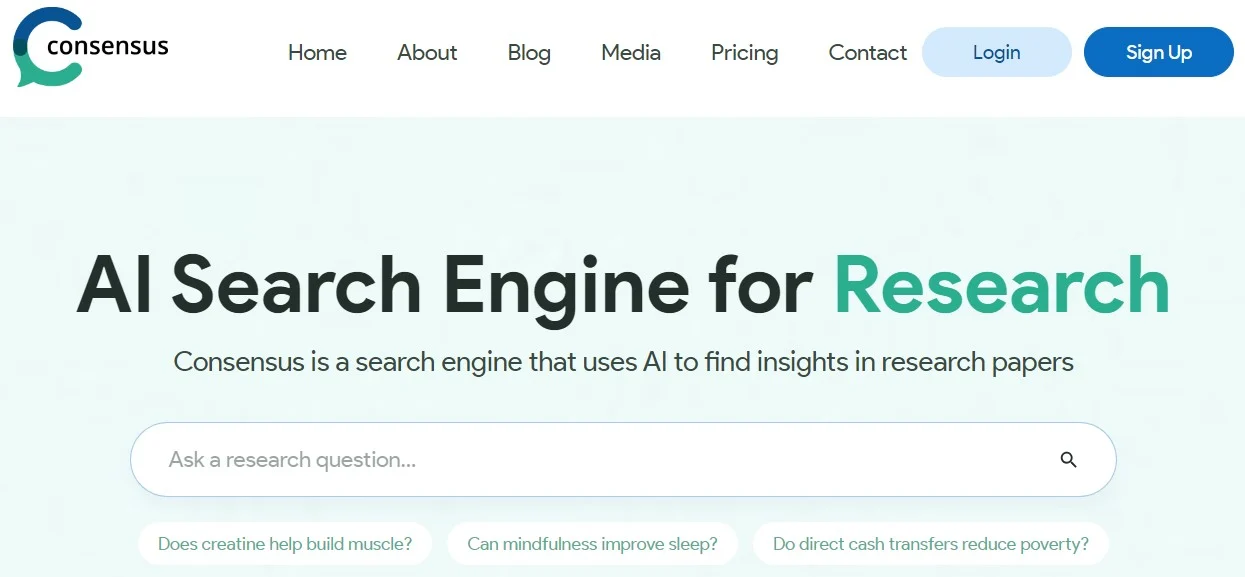
Consensus is an AI-powered platform designed to assist researchers in organizing and synthesizing their literature reviews. Its advanced algorithms help in identifying key themes, trends, and gaps in research, enabling users to create comprehensive and well-structured literature reviews.
Key Features and Capabilities
- Automated literature review organization
- Identification of key research themes
- Collaboration features for team projects
Real-world Use Cases or Examples
Consensus is widely used by researchers to streamline the literature review process, saving time and ensuring a more thorough analysis of existing research.
Google Scholar
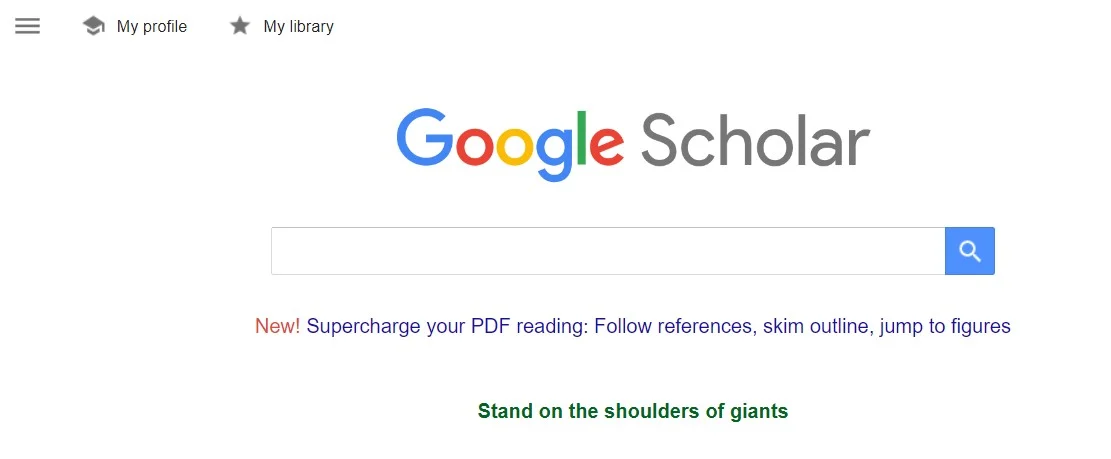
Google Scholar is a freely accessible web search engine that indexes scholarly articles, theses, books, and conference papers. It provides a vast database of academic resources, making it an indispensable tool for researchers and students alike.
Key Features and Capabilities
- Comprehensive database of scholarly articles
- Citation tracking and alerts
- Integration with academic libraries
Real-world Use Cases or Examples
Researchers rely on Google Scholar to access a wide range of academic sources, track citations, and stay updated on the latest research trends.
Elicit.org
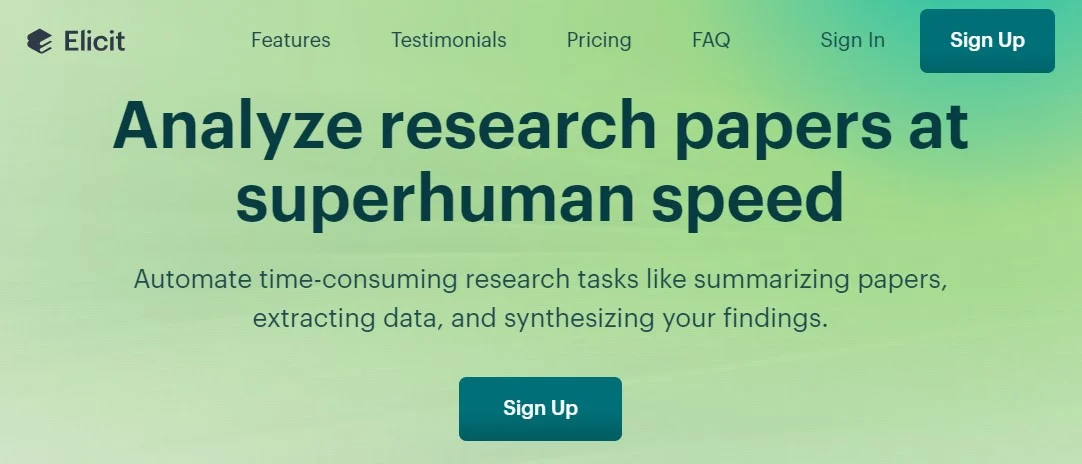
Elicit.org is an AI-powered platform that assists researchers in generating research questions and hypotheses. It uses advanced algorithms to analyze existing literature and suggest relevant research topics.
Key Features and Capabilities
- Automated research question generation
- Hypothesis formulation assistance
- Integration with popular research databases
Real-world Use Cases or Examples
Researchers use Elicit.org to streamline the research process, saving time and enhancing the quality of their studies.
Scite.ai
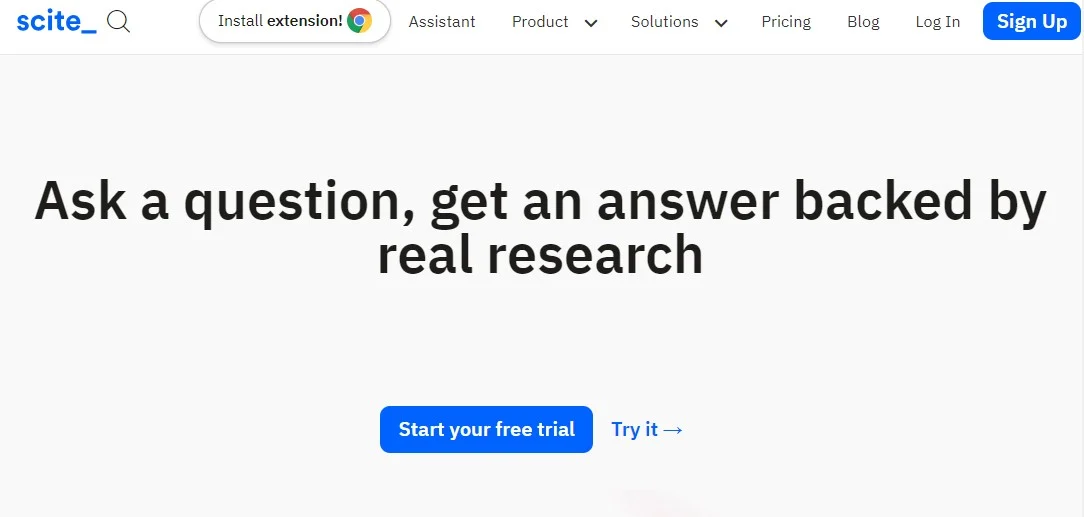
Scite.ai is a platform that helps researchers verify the credibility of scientific claims by analyzing citation contexts. It uses AI to identify whether a citation provides supporting or contradicting evidence.
Key Features and Capabilities
- Citation context analysis
- Credibility verification of scientific claims
- Integration with major academic databases
Real-world Use Cases or Examples
Researchers rely on Scite.ai to ensure the accuracy and reliability of their references, leading to more robust research outcomes.
Research Rabbit
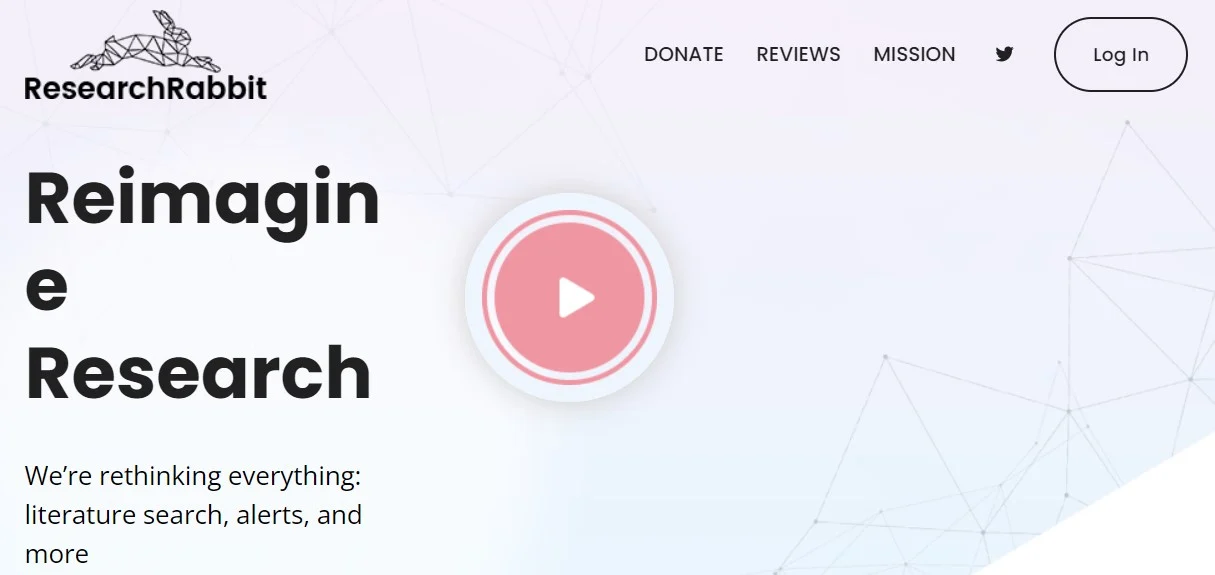
Research Rabbit is an AI tool designed to assist researchers in discovering relevant academic sources quickly. It streamlines the literature review process by providing access to a vast database of scholarly articles and research papers.
Key Features and Capabilities
- Rapid source discovery
- Citation management
- Collaboration features for team projects
Real-world Use Cases or Examples
Researchers use Research Rabbit to efficiently gather and organize research materials, saving time and enhancing the quality of their work.
ChatPDF
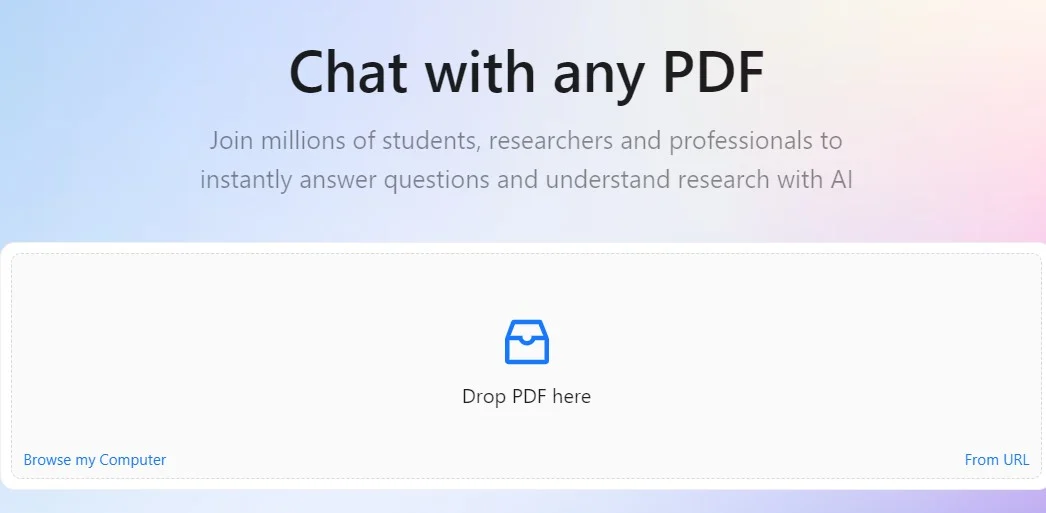
ChatPDF is an AI-powered tool that offers advanced PDF editing capabilities tailored for academic purposes. It enables users to annotate, highlight, and collaborate on PDF documents seamlessly.
Key Features and Capabilities
- PDF annotation and highlighting
- Collaboration tools for peer feedback
- Text recognition for easy searching
Real-world Use Cases or Examples
Students and researchers leverage ChatPDF to annotate research papers, collaborate with peers, and streamline document organization.
Scholarcy
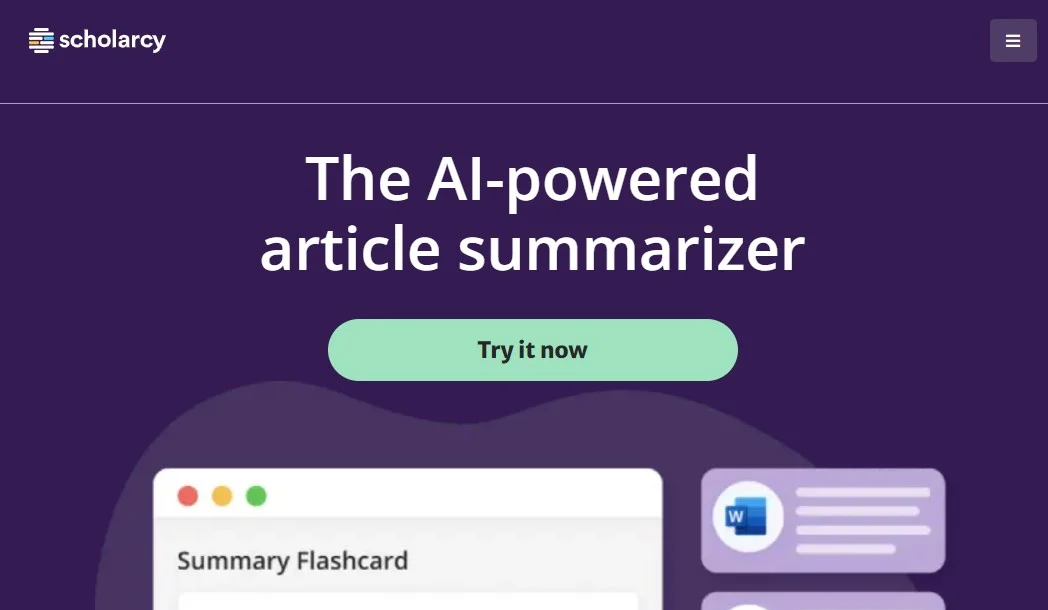
Scholarcy is an AI tool that simplifies the process of academic writing by assisting users in summarizing research papers and generating structured summaries. It helps researchers and students extract key information from complex texts efficiently.
Key Features and Capabilities
- Automatic summarization of research papers
- Structured summary generation
- Citation extraction and management
Real-world Use Cases or Examples
Researchers utilize Scholarcy to quickly grasp the main points of research papers, aiding in literature review preparation and enhancing understanding of complex academic texts.
Trinka
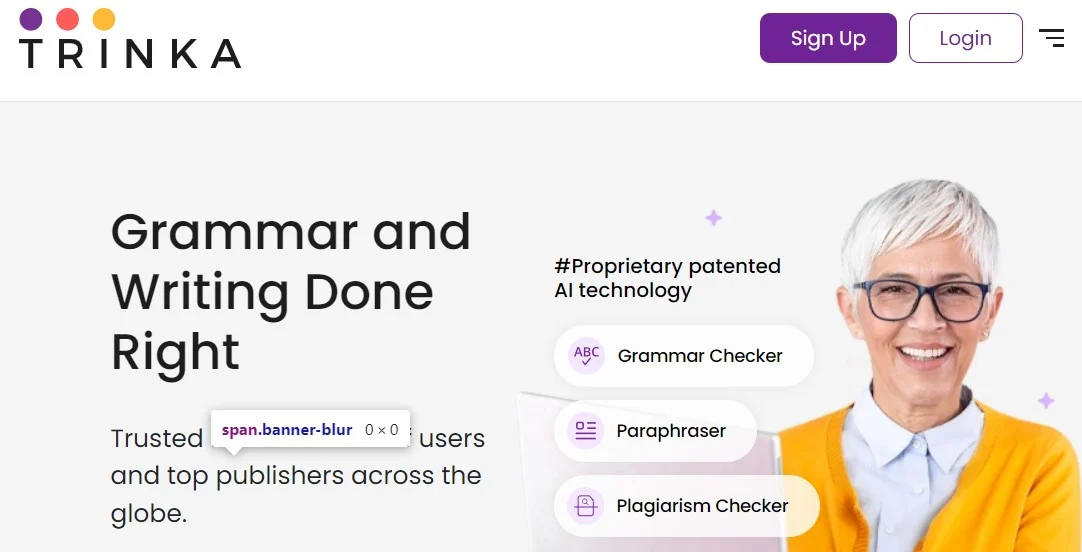
Trinka is an AI-powered writing assistant that provides users with real-time feedback on their writing, helping improve clarity, coherence, and overall quality. It offers suggestions for enhancing grammar, style, and structure.
Key Features and Capabilities
- Writing style analysis and improvement suggestions
- Grammar and punctuation correction
- Plagiarism detection
Real-world Use Cases or Examples
Students and researchers rely on Trinka to enhance the quality of their writing, ensuring that their academic work is well-structured, coherent, and free of errors.
Conclusion
Instead of viewing AI tools and apps as a danger, consider how they might improve your learning process when it comes to creativity. AI is revolutionizing every industry today since it can provide you with vast amounts of information quickly. Thus, as a scholar or researcher in academia, make use of them to expedite your work and relieve yourself of needless tension. As such, you can enhance your expertise to generate superior theses or projects.
